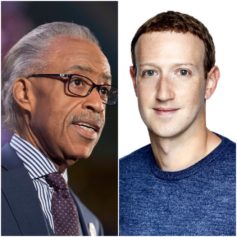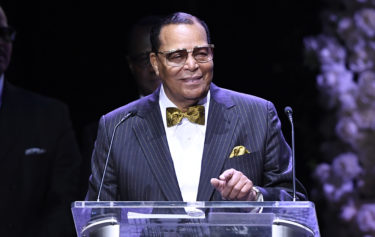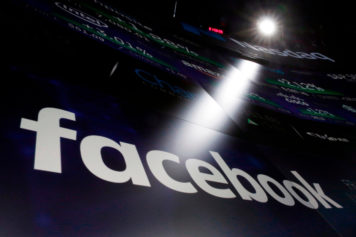Not content with just being a multibillionaire, Zuckerberg is now shifting some of his focus toward social issues. He recently spoke out on immigration reform in the U.S., and now he’s taking on a new project aimed at bringing the Internet to the 5 billion people worldwide who currently don’t have access.
As reported by the nytimes.com:
“On Wednesday, Facebook announced an effort aimed at drastically cutting the cost of delivering basic Internet services on mobile phones, particularly in developing countries, where Facebook and other tech companies need to find new users. Half a dozen of the world’s tech giants, including Samsung, Nokia, Qualcomm and Ericsson, have agreed to work with the company as partners on the initiative, which they call Internet.org.”
The initiative would be a great one, as global Internet access would help the flow of information, and give voice to people in need. However, it is not completely a selfless act for Zuckerberg and his partners.
According to Cnet.com:
“The motives of Zuckerberg and his partners are not purely altruistic. The goals of internet.org fully align with Facebook’s need to acquire more members in developing countries as growth in the U.S. and Europe has slowed. Facebook has a good start with Facebook for Every Phone, a version of the social network for feature phones that has more than 100 million users, in countries such as Indonesia, Vietnam, India and Brazil.”
But Zuckerberg says it is more about making change than making money. In an interview he tells CNN:
“If we … just wanted to focus on making money, the first billion people that we have connected have way more money than the next 5 or 6 billion people combined. It’s not fair, but it’s the way that it is. We just believe that everyone deserves to be connected and on the Internet.”
“They’re going to use it to decide what kind of government they want, get access to health care for the first time ever, connect with family hundreds of miles away that they haven’t seen in decades,” he added. “Getting access to the Internet is a really big deal, and I think we really are going to be able to do it.”
All of what Zuckerberg is saying is true. It is also true that a company like Facebook would vastly benefit from bringing the Internet to underdeveloped nations because it is quickly approaching market saturation in the developed ones.
What’s also concerning is that in many of the developing areas people don’t have access to basic necessities like electricity, food and water. So is Internet really a primary concern?
There’s no clear answer to that question, it’s “chicken-and-egg problem.” No one can deny that the lack of basic necessities in developing nations should be addressed, but one could argue that the flow of information could help to better meet these demands and simultaneously give those in need a platform so their problems can be heard.


